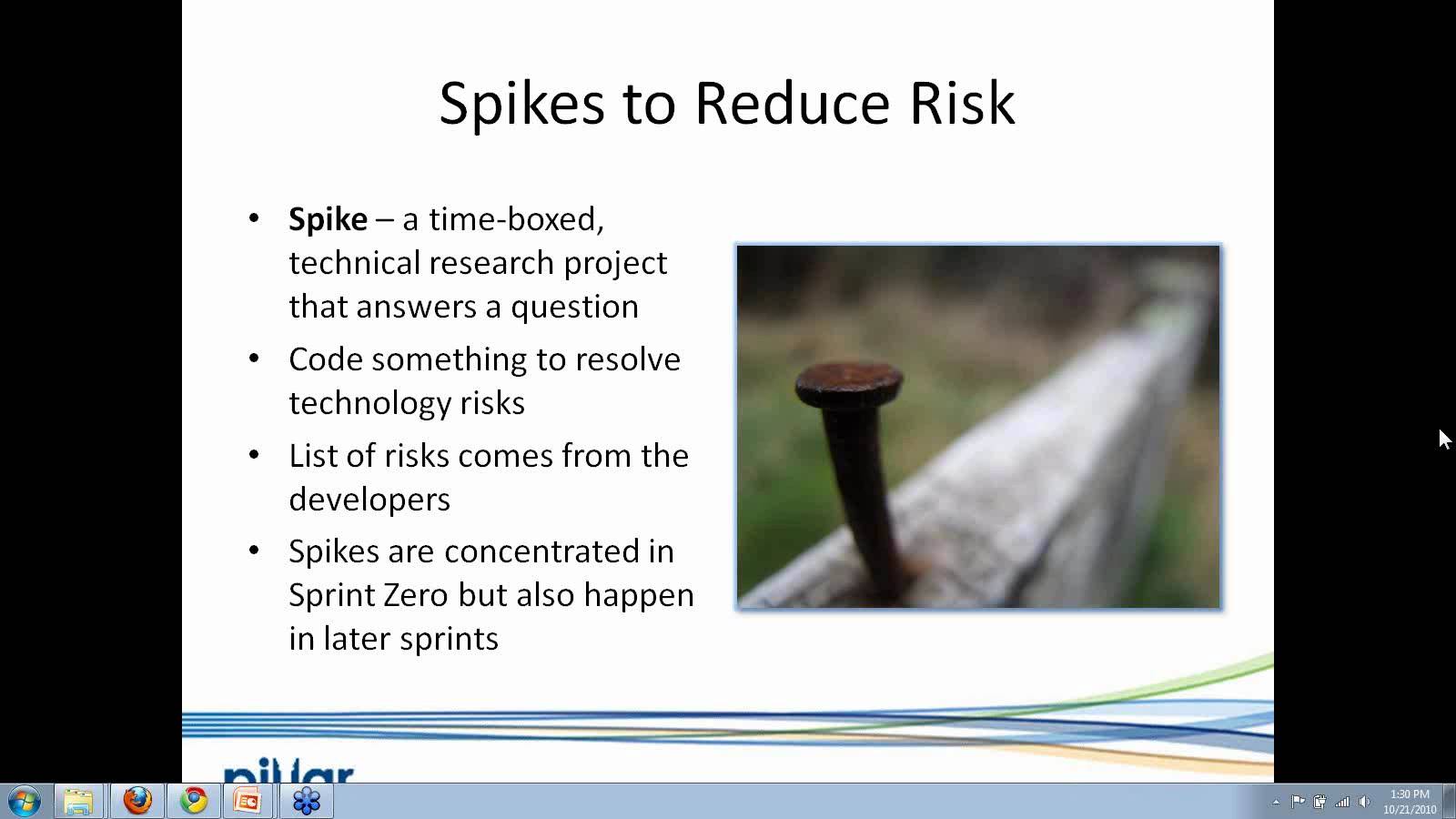Effective Sprint Goals
A sprint goal is defined as the desired outcome of an iteration. The sprint goal provides a shared objective and represents the reason for undertaking the sprint. In this blog post, Roman Pichler explains what sprint goals are, why they matter, how to write and to track them.




